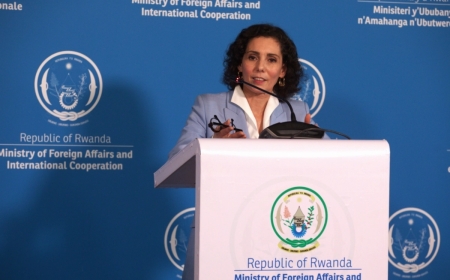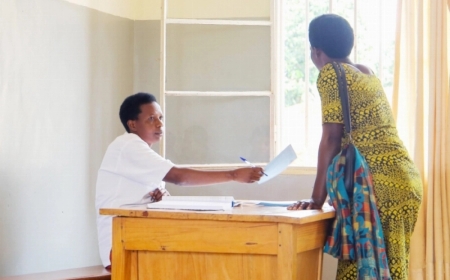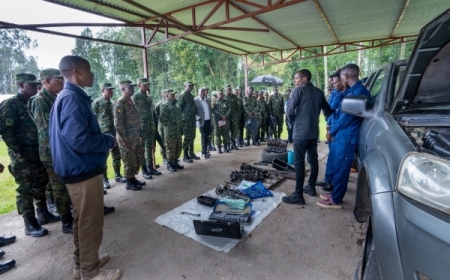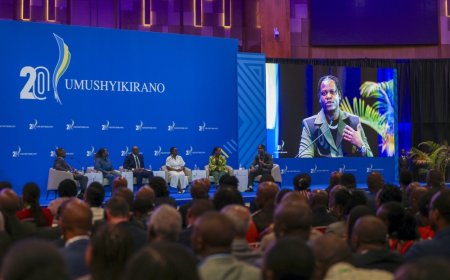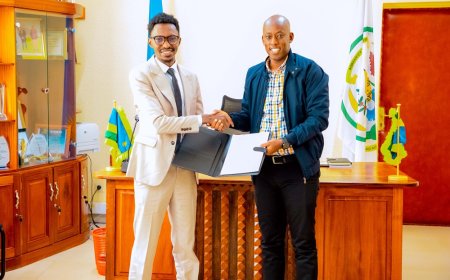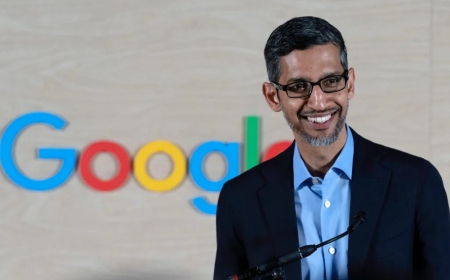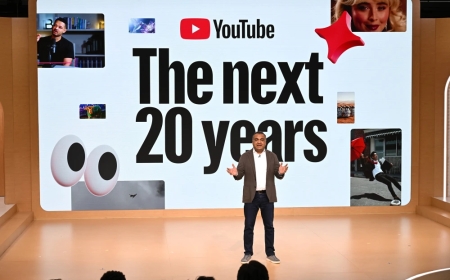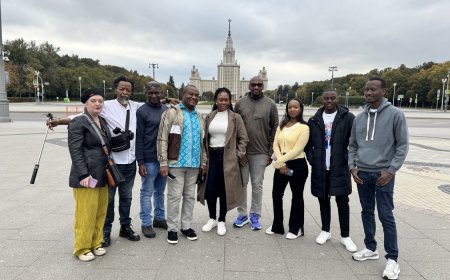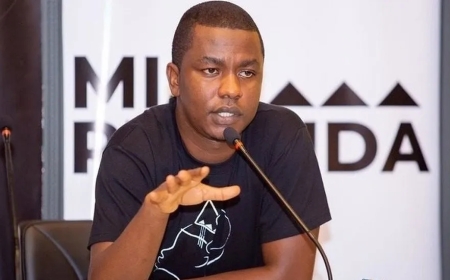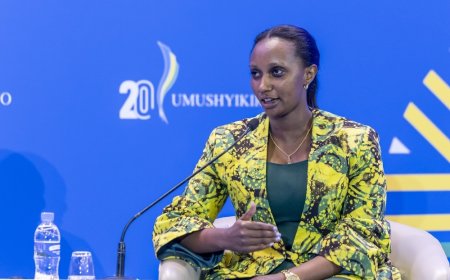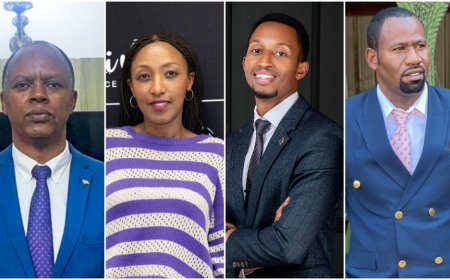Is AI helping or hurting Rwanda’s future graduates?

When artificial intelligence (AI) quietly entered university lecture halls, few anticipated how quickly it would challenge traditional ideas of learning, research, and academic integrity.
At the Adventist University of Central Africa (AUCA), Laurent Maniraho, Head of the Networks and Communication Systems Department, recently suspended a student’s final dissertation after discovering that much of the content appeared to be generated by AI, packed with contradictions and irrelevant information.
“It was clear the student had leaned too heavily on AI tools, without critical thought or proper research,” Maniraho said
As the world observed Youth Skills Day on July 15, under the theme “Youth empowerment through AI and digital skills,” academia including lecturers and students have weighed in on the increasing influence of AI in university learning environments, where a large percentage of youth are equipped with critical skills.
While AI has generally transformed how people approach creative work, writing, and research, it has also raised important questions about its use in different settings including academic contexts.
Concerns around when students should turn to AI, how to use it appropriately, and its impact on academic ethics and creativity have come to the forefront.
From classroom learning to assignments and even exams, students are increasingly turning to AI as part of their academic toolkit.
Maniraho noted that many students rely on AI to complete their academic work without critically assessing its credibility or understanding when and how to use it effectively.
“Students no longer engage in research. They avoid the library, ignore lecture notes, and fail to compare multiple sources. Instead, they paste assignments into AI tools and copy the responses for their grades,” he said.
He added that some students even sneak phones into exam halls to access AI-generated answers, an act considered academic misconduct that could lead to suspension.
While emphasizing that he is not against AI, Maniraho said the university embraces its use through training sessions for lecturers to guide students under the ‘Emerging Technology’ course. However, he stressed that AI should supplement learning and not replace it.
He explained that AUCA has developed a three-layer monitoring system for dissertations. A lecturer supervises the initial stages of research, followed by a pre-defense phase where students explain their work to another supervisor. The final stage involves defending their work before a panel.
“These steps ensure students take their research seriously, minimizing the risk of over-reliance on AI,” he said.
He also expressed concern about lecturers who use AI to generate exams, arguing that AI often presents generalised content that may not align with domestic realities or class teachings.
Festus Irungu, Head of the Journalism, Film, and Communication Department at Mount Kigali University, urged universities to train students on how to use AI responsibly. He emphasised the importance of asking the right questions and using AI to enhance, not substitute critical thinking.
“Students can use AI to refine ideas or assist in areas like data science. It helps them gather information beyond traditional methods, detect misinformation, verify image copyrights, and more,” Irungu said.
He stressed the need for professional use of AI, noting that it is widely used in workplaces. “We do not want to ban AI but to encourage responsible use. It becomes a problem when students entirely depend on AI and neglect their own thinking,”
“Imagine training a doctor, and one day you visit them as a patient. You describe how you are feeling, and the doctor begins typing into an AI tool to determine your illness, would you trust that doctor?” he asked.
Ephrard Rulinda, Dean of Studies at the University of Lay Adventists of Kigali (UNILAK), warned against the laziness AI is fostering among students, citing cases where dissertations are written in just two days using AI-generated summaries.
He recommended investing in AI detection tools to evaluate the authenticity of students’ work. “Students must develop strong research skills and understand where AI can assist them. Teachers also need training to distinguish AI-generated content.”
Rulinda acknowledged that AI can help students explore previously published and scientifically approved research, but warned against abusing the tool or allowing it to replace original thinking. He also raised concerns over lecturers using AI to craft assessments, which may compromise the learning process.
Emmanuel Rwagasore, a 2024 graduate of African Leadership University, says he treats AI like an advanced version of Google, helpful for gathering and processing information, but not a substitute for academic effort.
“I use AI to understand the context and build my original ideas. Relying solely on AI means you don’t understand the content. You might get the grades, but what about the experience and knowledge?”
He added that during master's degree applications or job interviews, AI cannot assist with personal insights or spontaneous responses. “It’s about what you carry in your mind, not what AI can generate for you. Intelligence is reflected in how you interact, solve problems, and contribute ideas.”
Prisca Gikundiro, a third-year Journalism and Communication student at the University of Rwanda’s Huye Campus, said AI can support learning, but students must be intentional in how they use it.
“It is unhealthy to train your brain to depend entirely on AI. The more you use it without thinking, the more your creativity degrades. Originality adds value to your work. Use AI to enhance your language or vocabulary, but keep your story and ideas unique,” she said.
Gikundiro added that personal stories like writing a poem about lived experiences require emotion and context that AI cannot replicate. “English is not our first language, so we can use AI to polish our expression, but the core story must remain ours.”
Athanase Munyarugendo, a lecturer at the University of Rwanda, emphasised that university students are not just learners but contributors to knowledge and solutions in society.
He encouraged students to develop their own ideas and avoid becoming overly reliant on AI. “That’s why in some countries, oral or practical assessments are valued more than written papers. AI can help clarify concepts but not provide reliable answers without understanding local context.”
Munyarugendo called for national and institutional policies to regulate AI use in higher education. He urged students to prioritize knowledge and critical thinking over short-term academic results.
“Students should aim to solve local problems. AI does not understand our context better than we do. Expecting it to solve our issues would be misleading.”
He stressed the importance of capacity building to help both students and lecturers use AI effectively to support both qualitative and quantitative outcomes in education.


